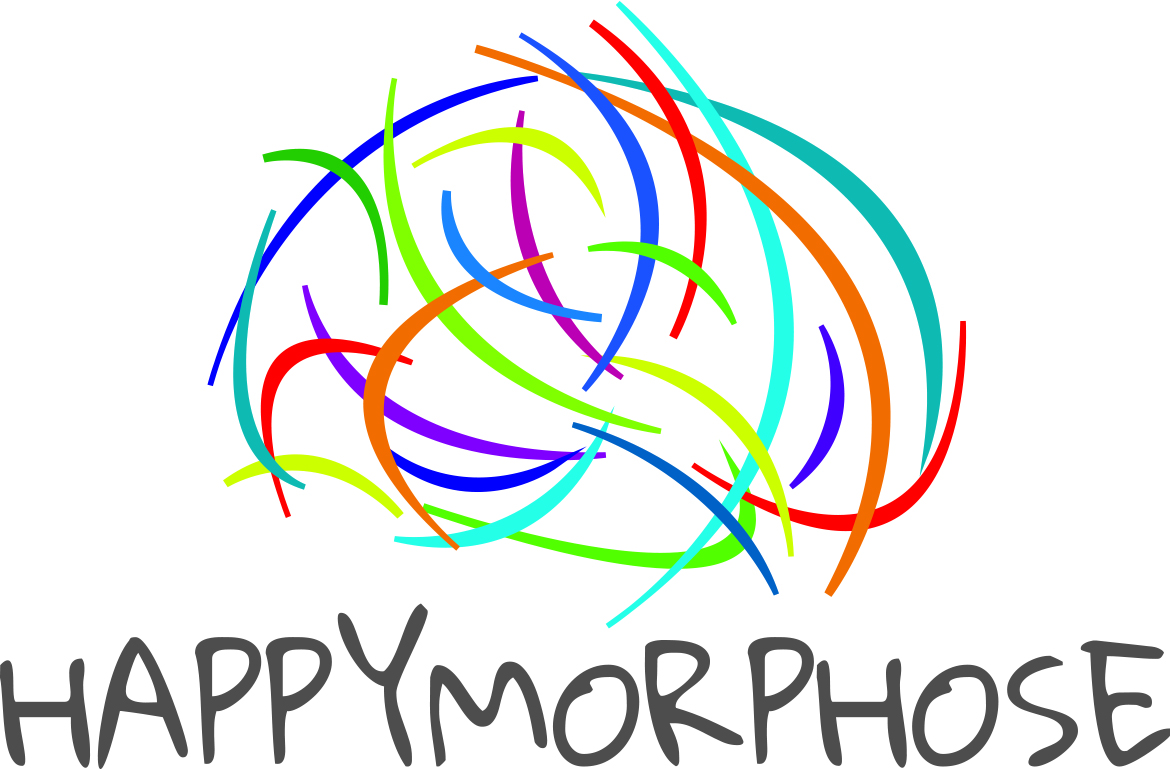The question is being asked more and more frequently by various company managers and executives.
In our different professional circles: how to take care of the humanistic metamorphosis?
For more than 50 years and in very different sectors, our teams of sociologists have first observed the emergence of islands of change that have gradually become interconnected over time and have become archipelagos. Parallel hierarchies,” said François Dalle, the former president of L’Oréal, “develop without the official hierarchies knowing it or really being aware of it. And yet this is largely where innovation develops. In the 70s and 80s, the managers of large innovative companies, Volvo, l’Oréal, Danone, Shell, Solvay were perfectly aware of this. But the short-term financialized economy often stifled this process. Today our objective is to develop our teams’ socioperception.
How do we do what we do? [1]
- Change the type of leadership. To be or become “catalyst leaders” who know how to observe, identify the innovations that emerge at any level, catalyze them, allow them to develop while maintaining coherence.
- This means being a socioperceptive leader. Working with intuition and empathy, combining extended reason and emotion to understand the evolution of the ecosystem in depth and adapt to it Ensuring that all teams become socioperceptive.
- Ensure that the vision is shared and not just that of the leader.
- Focusing on the meaning of what we do. Put our 4 brains in permanent dialogue: rational, emotional, sensory and spiritual.
What to do ?
By Arie de Geus, Former Vice President of Royal Dutch Shell
and co-founder of SoL ( Society for organisational Learning)
A PRACTICAL EXAMPLE: THE DEVELOPMENT OF SOCIAL ACTION RESEARCH – LEARNING BY ACCOMODATION
To introduce Social Action Research :
We often try to change social systems by producing a logic theory, model, guide, framework or road map. In doing so we conserve domination and obedience whether we intend to or not.
Following Jean Piagets’ research on how children learn, Arie de Geus invited us to change the social structure of organizations using accommodation and not assimilative learning, deductive and guided by established theories. Accommodative learning is inductive and guided by discovery through observation. The social-action research invented by Dennis Sandow is an accommodative practice.
Become aware of the metamorphosis.
In a totally voluntary framework, an action-research focused on the theme of governance is launched by Happymorphose. Interviews are carried out which allow one to become aware of one’s own journey in the direction of metamorphosis. The following are proposed:
- Questionnaires. What could a metamorphosis of your company mean? [2] Do you see the seeds of this metamorphosis in sectors that are very different from one another? What are the characteristics of these islands of change? Do they relate to each other? Do you see manifestations, even sporadic ones, in internal networks? Do your teams think systemic? How do you consider that this can be beneficial for innovation in your company? etc…Put together anonymously, they will highlight gaps and awareness.
- “Socio-perceptive cafés” or thematic dinners between peer business leaders.
- International “peer-to-peer” conversations. Happymorphose’s worldwide network of American, Swedish and Canadian colleagues offers “social-action research” video conferences, “conversations” in the American sense of the term, “learning trips”, “learning expeditions” on specific themes.
- On a daily basis, to set up an open management that accepts complexity and risk. Ensure that internal links between the islands of change are maintained.
- Seminars ” Develop your socioperception and understand your ecosystem” for members of your companies seeking to develop humanistic management and innovation.
- Write the “stories” of your company’s metamorphosis.
- Putting artificial intelligence at the service of humans: the second digital revolution, humanism.
Participate actively in the Happymorphosis movement, join us.
[1] Cf: Alain de Vulpian, “Eloge de la métamorphose”, 2016, digital version, and Alain de Vulpian and Irène Dupoux-Couturier, “Homo Sapiens – Collapse or Fulfillment”, 2019.
[2] Les Cahiers de SoL France N° 11-12 “10 years of organisational learning in companies” included in the above-mentioned books.

